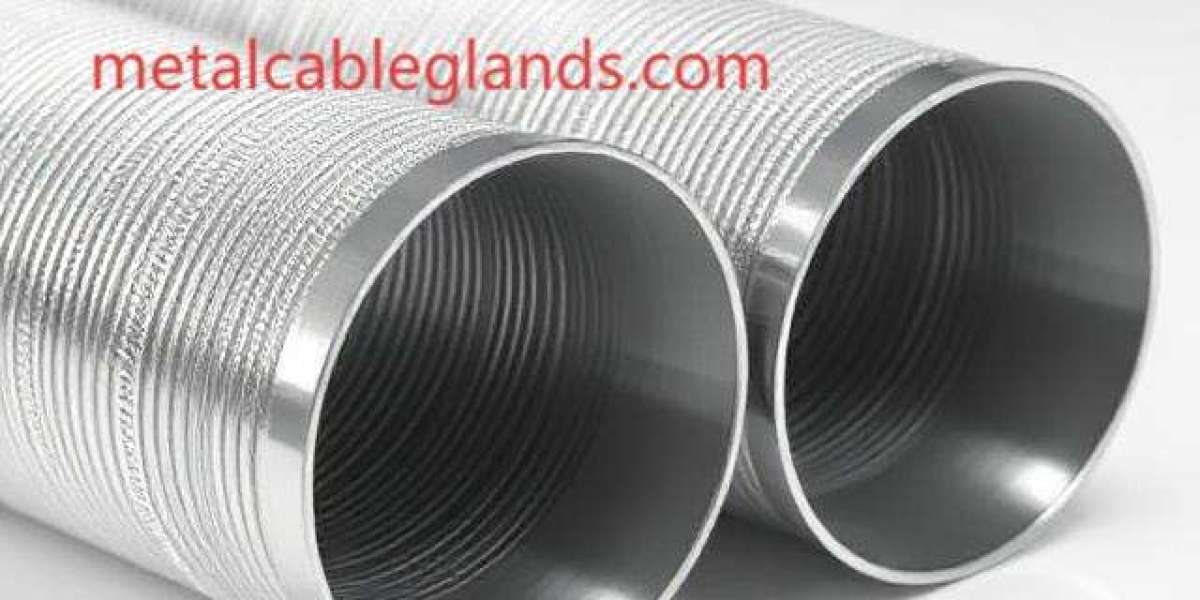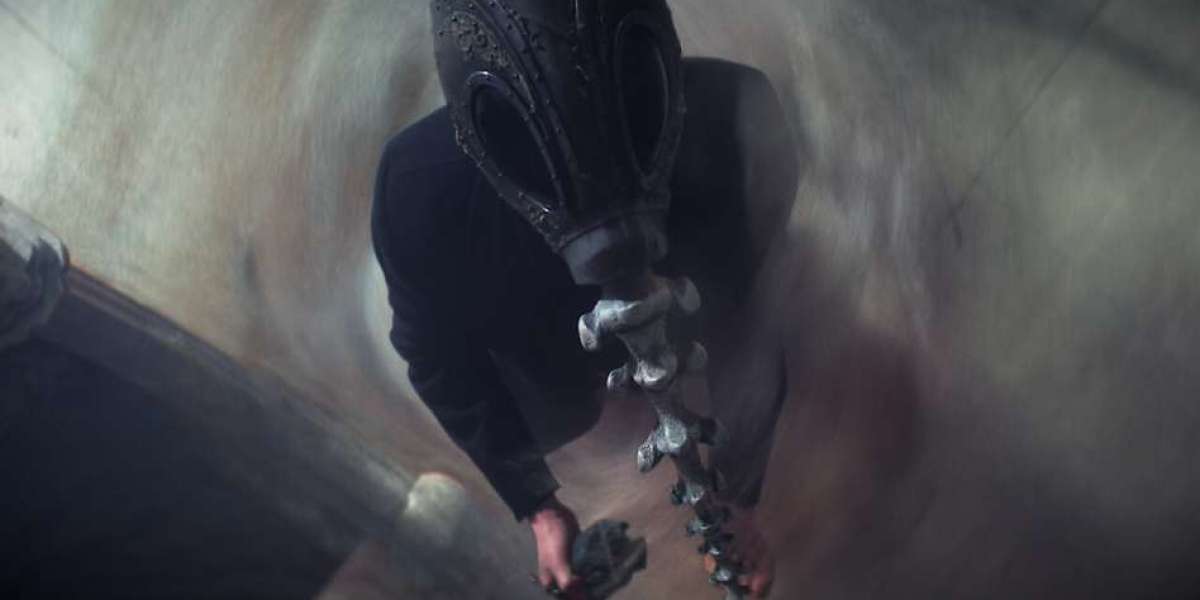Within modern industrial settings, the Flexible Steel Conduit plays a vital role in balancing operational efficiency with cable safety. Its design allows it to handle the physical demands of dynamic machinery, making it an indispensable choice for manufacturing plants, assembly lines, and environments where motion, vibration, and heavy loads are part of daily operations. Zhejiang Hongjuesi Connector Co., Ltd. emphasizes the importance of conduit solutions that adapt to both environmental conditions and mechanical stress.
One of the most significant performance strengths of the Flexible Steel Conduit is its adaptability to motion-intensive applications. Unlike rigid conduit systems, which can crack or place strain on wiring during movement, flexible steel maintains integrity when machines shift or operate at high speeds. This flexibility ensures that power and control cables remain protected without risk of insulation wear, even in environments where repetitive movement is constant. As a result, downtime caused by damaged wiring is minimized, leading to greater operational stability.
From a mechanical perspective, the steel composition offers high resistance to crushing, bending fatigue, and external impact. In machine shops or heavy manufacturing areas, cables are often exposed to moving parts, falling tools, or abrasive debris. The steel construction acts as a robust armor, shielding delicate wiring from accidental damage. This ensures not only cable longevity but also protects operators and systems from potential electrical hazards associated with exposed conductors.
The conduit also supports greater design freedom in industrial layouts. Its ability to bend around corners, fit into tight spaces, and adapt to irregular machinery structures reduces the need for excessive fittings or complicated routing plans. For engineers and technicians, this ease of installation translates into reduced project timelines and lower labor costs. Furthermore, it simplifies retrofitting or upgrading older systems without requiring extensive structural changes.
Applications extend across multiple industrial sectors. In robotics, flexible conduits protect control wires that move with articulated arms, ensuring smooth and uninterrupted operations. In conveyor systems, they manage cables exposed to vibration and constant motion, preventing fatigue-related failures. For machine tools, the conduit guards electrical supply lines against hot metal fragments, lubricants, and cutting fluids, providing an additional layer of environmental resilience.
Environmental adaptability is another critical feature. Coatings or liquid-tight variants enhance the conduit’s ability to perform in areas exposed to oils, coolants, or corrosive chemicals common in industrial processes. This durability makes it suitable for demanding sectors such as automotive manufacturing, food processing, and petrochemical facilities, where protection from harsh conditions is essential to maintain compliance with safety regulations.
Another design advantage lies in grounding capability. By serving as a potential grounding path, steel conduits contribute to improved electrical safety in factories that rely heavily on automated machinery and sensitive equipment. This helps mitigate interference and reduces the risk of operational disruptions caused by electrical noise. In precision-driven industries, where even small disturbances can lead to production errors, this characteristic is highly valuable.
Economically, the long service life and reduced risk of cable failure make flexible steel a cost-efficient investment. Companies avoid unnecessary downtime, improve worker safety, and ensure equipment reliability—all critical factors in maintaining productivity. When compared to frequent cable replacements in unprotected setups, this conduit provides clear long-term savings.
Zhejiang Hongjuesi Connector Co., Ltd. continues to refine conduit designs to meet the specific needs of industrial clients. By offering tailored solutions, they ensure their products align with the rigorous demands of modern machinery and industrial systems. To explore more about their product range, visit https://www.metalcableglands.com/product/ .








